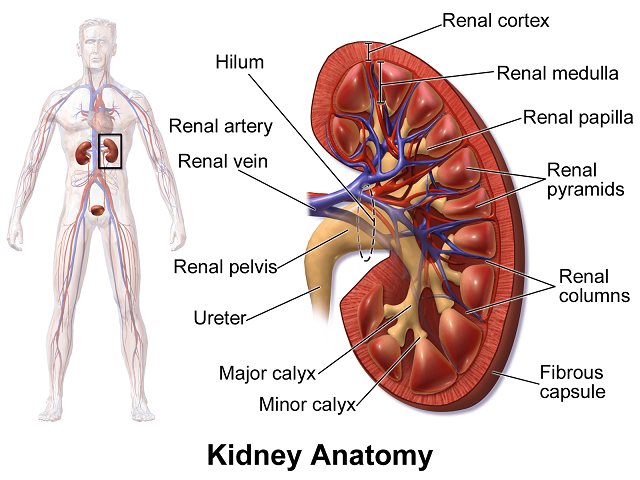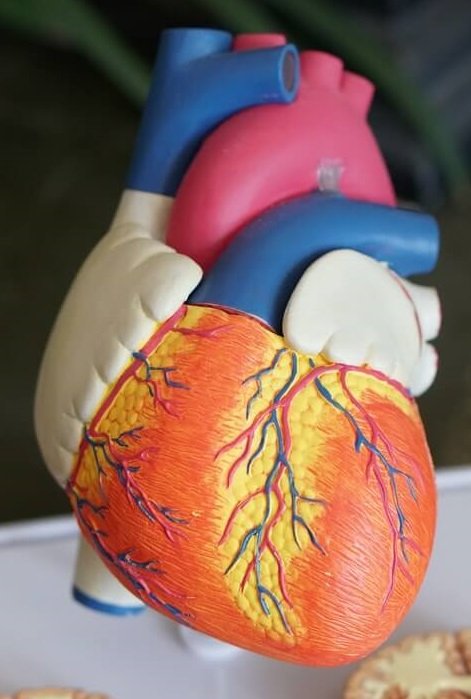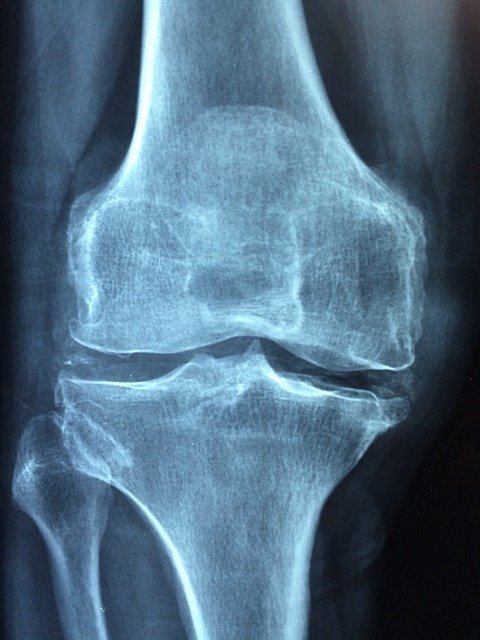Information on this site shall be considered as holistic, alternative and spiritual advice only. For medical advice and treatment a GP, medical professional and/or Certified Hijama Therapist should be consulted. In all circumstances where lifestyle changes, supplements, or other foods are suggested your GP should be consulted. Client Safety is the number one priority.
Cupping / Hijama Points Plan for Thyroid disease
Allow 2-4 weeks between sessions – longer if required. Hijama Points shown for each session should ONLY be used to guide the therapist. Body size, cup size, and any other conditions need to considered and appropriate care and attention taken. The number of sessions shown can be increased or reduced depending on the condition of the client.
Complete Treatment Plan
Click here for Session 1Click here for Session 2
Click here for Session 3
Click here for Session 4
Use the standard hijama points as an addition or as separate standalone sessions.
Standard Wet Points – 1,55,41,42
Click here for Hijama Points on the back of the bodyIf the client has a complicated history and numerous concerns then it is a good idea to use our online consultation service – click here.
Which body part or function is involved in Thyroid disease?
The thyroid is the endocrine system’s butterfly-shaped gland located just above the collar-bone in your neck. Like other glands, the thyroid gland is also involved in making hormones like thyroxine (T4) and triiodothyronine (T3). Both of these hormones are responsible for various body function such as T4 is helps in metabolism, update psychological mood and maintain your body temperature while the T3 supports your digestive system, development with age, heart and brain functions, muscle control and bone health. This also takes part in the maintenance of metabolic rate. If we talk about the formation, the thyroid gland needs an adequate amount of iodine to make these hormones. The hormone, T3, can be made inside other body tissues by a process called deiodination. In this, the T4 has been converted into T3.

Besides, the thyroid, called calcitonin, is also made by the thyroid, which is responsible for the burning of calories and rate of heartbeat, which means it also plays a role in monitoring or maintaining blood pressure.
The thyroid gland is itself made by a combination of spherical thyroid follicles lined with simple cuboidal epithelium. The follicle cavity is filled with a sticky, viscous liquid called colloid. It has been said that the colloid is the center for thyroid hormonal production—furthermore, the colloid stores glycoprotein thyroglobulin, which are the precursors to thyroid hormones.
The parafollicular cells which also known as C-cells, produced calcitonin in the thyroid. Besides the maintenance of heartbeat and burning calories, calcitonin also regulates phosphate and calcium in the blood, opposing the action of parathyroid hormone. That’s why it is called a calcium reducer in blood.
The thyroid makes the right amount of hormones to regulate and keep your body functions usually. But when the thyroid starts making too many hormones, it would be thyroid disease. Let’s have a look at the symptoms and conditions caused due to this uncontrolled production of hormones.
What are the symptoms and effects of Thyroid disease on the body?
When your thyroid produces much more or less than the right amount of hormones, we called this situation a thyroid disease. But there a lot of symptoms that indicate higher or lower production of hormones.
Inflammation:
The primary symptom of thyroid diseases is the swelling of the thyroid gland. In this situation, inflammation occurs in the thyroid muscles while the production of thyroid hormone levels becomes lower. This situation has a specific name called thyroiditis.
Less production of Hormones:
When the Thyroid produces fewer hormones, the body’s several functions in which thyroid hormones play a role become weak or stops. The cause of less hormone production may be iodine deficiency because it needs iodine to produce hormones. Several million people face this problem around the world.
Enlargement of Thyroid:
The enlargement of the thyroid gland is observed by laboratory testing. In this situation, the thyroid gland might be overactive and produces much more hormones—the enlargement of the thyroid gland called Grave’s disease or diffuse toxic goiter.
Thyroid diseases impact the way to thyroid works. Our thyroid passes from different conditions in different diseases. Here we discuss two major thyroid diseases; hypothyroidism and hyperthyroidism.
Hypothyroidism Thyroid hormones play a vital role in maintaining the body’s metabolism rate, but sometimes it slows. The reason behind this is hypothyroidism. It’s a disease in which the thyroid cannot produce enough and the right amount of hormones causing difficulties in metabolic balance.
Hypothyroidism symptoms include fatigue, constipation, hair loss, disturbance in the menstrual cycle, weakness, and memory loss. In this disease, an excessive amount of hormone is produced and circulates in your blood. In thyroid hormones, T3 is the most active and excessively produces hormone.
Hyperthyroidism is mainly caused due to thyroiditis, Plummer’s disease, and Grave’s disease, and you feel severe pain and irritation in your throat.

What changes in diet can help improve symptoms of Thyroid disease?
People with thyroid diseases should follow a healthy diet plan with low calories. There are plenty of options, including fruits, vegetables, eggs, meat, and dairy products.
- Eggs – The yolk of the egg is found with iodine and selenium and white with full of protein.
- Meat – meat includes chicken, mutton, beef, and lamb, etc.
- Vegetables – all vegetables- especially green vegetables.
- Dairy – Take dairy products like yogurt, cheese, and milk, etc.
Changes in lifestyle which can help Thyroid disease
To make thyroid diseases easier to manage, take a Mediterranean diet linked with good health that include vegetables, fruits, nuts, and unsaturated fats like olive oil. Waking up early in the morning, doing regular exercise, sleeping well, and stress-free mind can also help eliminate thyroid disease especially when discovered early.
Possible alternative remedies for Thyroid disease
Thyroid diseases are not very dangerous and can be cured by following the natural remedies. Thyroid diseases are the result of less or high production of hormones. To avoid thyroid diseases, the equilibrium of hormone production should be maintained.
- Do not take supplements that affect thyroid health
- Take vitamin D and b-12 rich foods
- Do daily exercise
- Avoid heavy meals
- Do not take stress or think a lot




